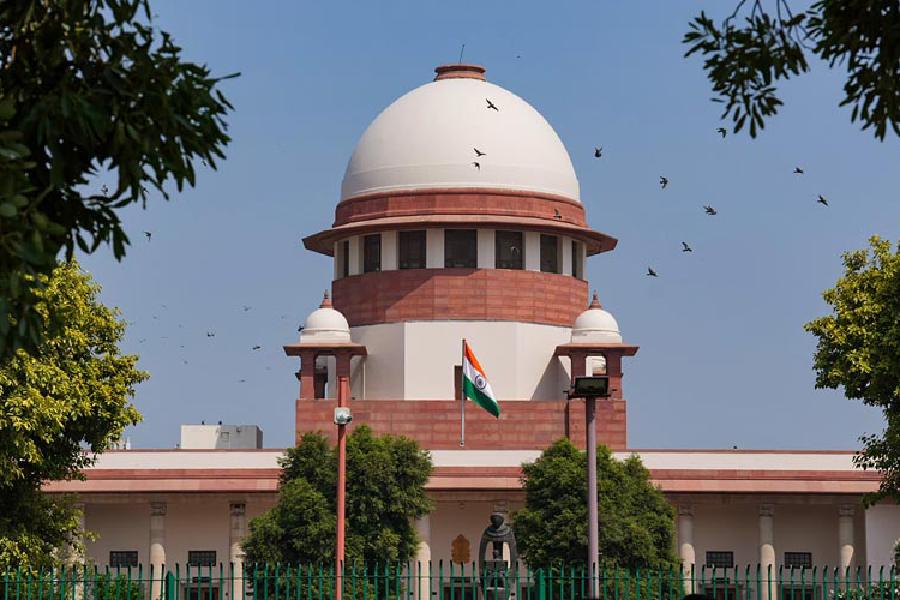The Supreme Court on Tuesday again refused to stay the Chief Election Commissioner and Other Election Commissioners (appointment, conditions of service and terms of office) Act, 2023, which excludes the Chief Justice of India from the selection panel.
However, it issued a notice to the Centre regarding a new petition filed by the Association for Democratic Reforms.
This is the second time the apex court has refused to halt the legislation. On January 12, the bench rejected a similar plea by Madhya Pradesh Congress leader Jaya Thakur.
During Tuesday's proceedings, advocate Prashant Bhushan sought a stay for the association, but the bench declined to halt the new law. Justice Sanjiv Khanna emphasised that the issue pertained to constitutional validity and could always be examined.
The PIL argues that the act allows the executive to dominate the appointment of election commission members, jeopardising democracy. This is despite a previous ruling by a five-judge bench last year which stated that the Chief Justice of India must be part of the selection panel.
The bench scheduled the present PIL by the Association for Democratic Reforms to be heard in April alongside a similar plea raised by Jaya Thakur.
On January 12, the same bench had issued notice to the Centre on Thakur’s petition challenging the new act as unconstitutional for excluding the Chief Justice of India from the selection committee. However, it refused to stay the legislation.
Thakur’s plea argued that the law violates Articles 14, 21, 50 and 324 of the Constitution, as well as the principles of free and fair elections.
According to the petition, the legislation undermines the apex court's judgment by excluding the Chief Justice of India from the selection panel. Instead, the new legislation proposes a cabinet minister, along with the Prime Minister and the leader of the Opposition or that of the single largest party.
The Congress leader argued that all other statutory institutions have independent mechanisms for appointing heads and members to keep them insulated from external influences, allowing them to remain neutral in carrying out their functions.











